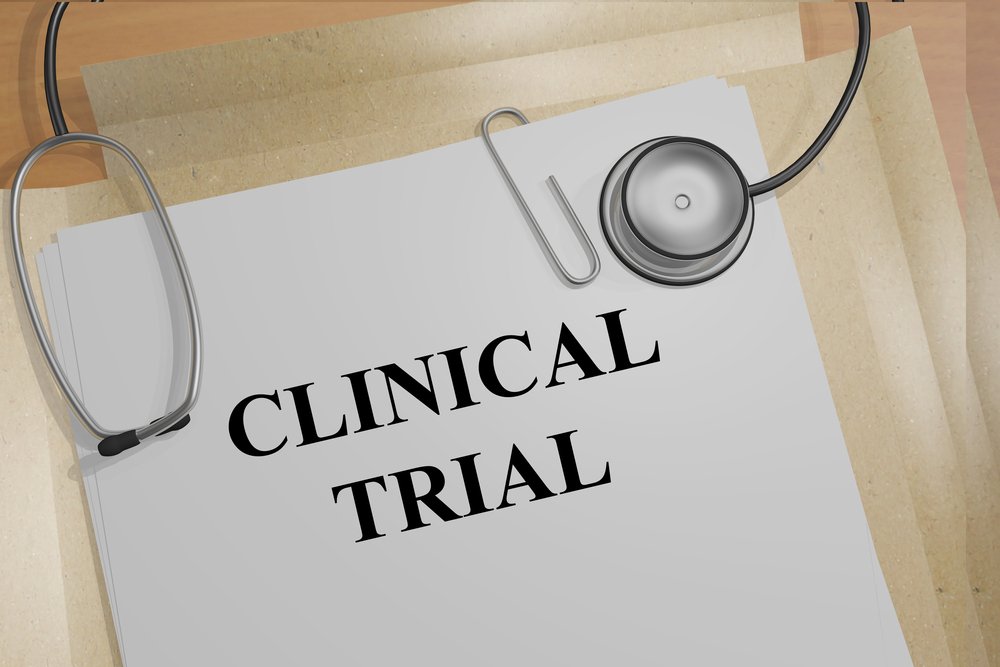Mallinckrodt Enrolls First Patient in Acthar Gel Clinical Trial for Relapsing Multiple Sclerosis
Written by |

Mallinckrodt has enrolled its first relapsing multiple sclerosis (MS) patient into a Phase 4 clinical trial (NCT03126760) with H.P. Acthar Gel (Repository Corticotropin Injection) to see if the therapy can help treat relapse symptoms in patients who did not respond to high-dose steroids.
If successful, the trial might resolve at least part of the controversy over the high price of the gel, which has been on the market since the 1970s.
The study, called OPTIONS, will enroll patients with an ongoing relapse who had been treated with a high-dose corticosteroid. Patients will be randomized to receive either Acthar Gel or placebo. After the treatment, researchers will measure changes in disability levels, using the Expanded Disability Status Scale (EDSS).
Changes in EDSS make up the trial’s primary outcome measure, but researchers will also assess potential improvements using other clinical tools.
“Some MS patients may have relapse symptoms that don’t resolve with steroid therapy, and in my experience, H.P. Acthar Gel may provide benefit in these cases,” Dr. Aaron Miller, a program advisor and participating site investigator at New York’s Icahn School of Medicine at Mount Sinai, said in a press release. “This study is an important step to confirming the appropriate patient type for this product as an approved and appropriate treatment for MS exacerbations.”
Acthar Gel is a compound that triggers the body’s own production of steroids. In theory, it should have the same effect as that of synthetic corticosteroids. But so far, Mallinckrodt — which owns rights to the treatment — has not been able to show that Acthar Gel is better than conventional steroids in treating MS relapses.
The trial was launched shortly after Oregon Health and Science University researchers presented data showing that the costs of relatively few Acthar Gel treatments made up a huge part of Medicare expenses, despite the lack of any convincing proof of the drug’s superiority over cheaper options.
The drug, which has been around since the 1960s, used to cost only $40 per vial. By 2001 — the year Questor Pharmaceuticals acquired the therapy, its price had jumped to $748, and by 2014, when Mallinckrodt acquired Questor, it had skyrocketed to $34,034 — an increase of more than 85,000 percent. A course of Acthar to treat a relapse can, therefore, easily end up costing than $100,000 — compared to no more than a few hundred dollars for conventional steroids.
This helped push Mallinckrodt’s 2015 revenues to more than $1 billion, sparking a January 2017 anti-competitive lawsuit by the U.S. Federal Trade Commission and the states of Alaska, Maryland, New York, Texas and Washington. The Irish company was eventually forced to pay $100 million to settle the complaint.
But Mallinckrodt, believing Acthar Gel remains a valid treatment option for MS relapse, now hoped to prove that its treatment can be of benefit where other steroids have failed.
“Mallinckrodt is committed to providing alternative treatment options to patients who need them,” said Dr. Steven Romano, Mallinckrodt’s chief scientific oficer and executive vice-president. “Clinical experience and current labeling support the use of Acthar to speed recovery from relapses in MS. We are pleased to enroll the first patient in the OPTIONS trial to better understand patients who will benefit from Acthar therapy, and to support its role in the management of RRMS.”


